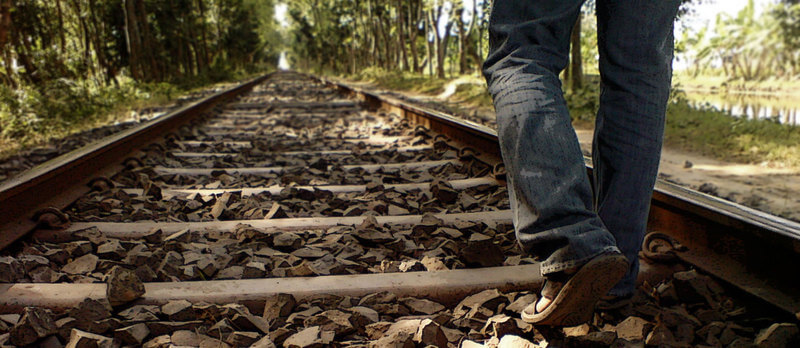
After a few giant tides gauge off the shore, a seaside city becomes submerged into the waves. The super speed of saline water keeps merging forward, engulfing everything and everyone along the way…
Tsunami destroys towns, villages, and livelihoods: the damages, the losses, the pains, the flashbacks, and the unknown future.
During the tsunami, people may have lost their homes or even their loved ones. The helpless and devastated feelings continue to elevate when the survivors start to recover from their initial shocks. Their fears can eat up their minds piece by piece, and most survivors may experience countless painful flashbacks of the event, sleeping and eating difficulties, as well as other symptoms such as nausea, chest pain, and headache.
The trauma may never be forgotten, but it’s important for the living survivors to learn to move on.
Here are a number of steps that you can take to regain some of your control and rebuild your emotional well-being:
1. Accept that it will be a difficult time in your life. Allow yourself to mourn the losses. Give yourself time to slowly adjust. Don’t rush yourself to recover in a short period of time.
2. Take care of yourself, both your mind and your body. Exercise regularly together with meditation. Be patient with your emotional uncertainties. Pay attention to your own needs and feelings. Engage in activities that you enjoy and find relaxing.
3. It’s great to stay in touch with others. Accepting support from those who care about you and listen to you can also strengthen the progress of recovery.
4. Although living in camps or shelters blocks the survivors from getting support from relatives or friends, living with other survivors can also give the survivors a time to reconnect, talk about the event with others, and help to reframe the event. Being able to help another survivor can reduce helplessness, and may start the healing process.
5. Focus on what you can change: You can’t change what happened during the tsunami, but you can change how you respond to it from now on.
6. Avoid detaching completely from problems and wishing they would eventually go away.
7. Set up some small goals, and work on it regularly. Every little step towards the goal is a great accomplishment. Don’t keep thinking about what is unachievable, based on the current circumstance.
8. Appreciate the fact that you survived a big natural disaster. Try focusing on what you want, rather than worrying about what you fear.
9. Keep developing a positive view of yourself as well as your ability. Everything can be viewed either way: positively or negatively. When you think positively, positive things will happen, because your perspective on the outcome has changed.
We all worked together in the aftermath of the tsunami.
Natural disasters are sudden and tend to be overwhelming, making all survivors in shock, which may eventually lead to an overemotional state due to the high levels of anxiety, guilt or depression. Yet…Many people who have lived through natural disasters have reported developing better relationships, less vulnerable when facing future problems, and improved appreciation for life.1
Don’t be afraid of moving forward slowly, as long as you are staying still. Every small accomplishment is a step towards your goal – the future is in your hands. And our love and care are always here for you.
With love,
Cecilia Or
Always Remember W.H.Y.
Be Well, Be Happy, Be You
![]()






